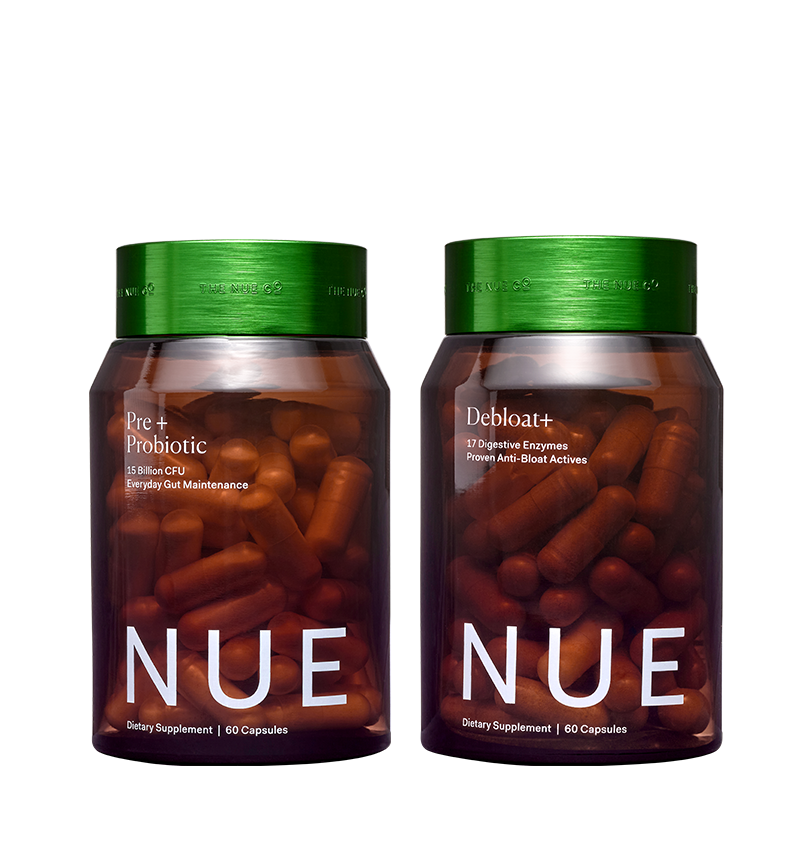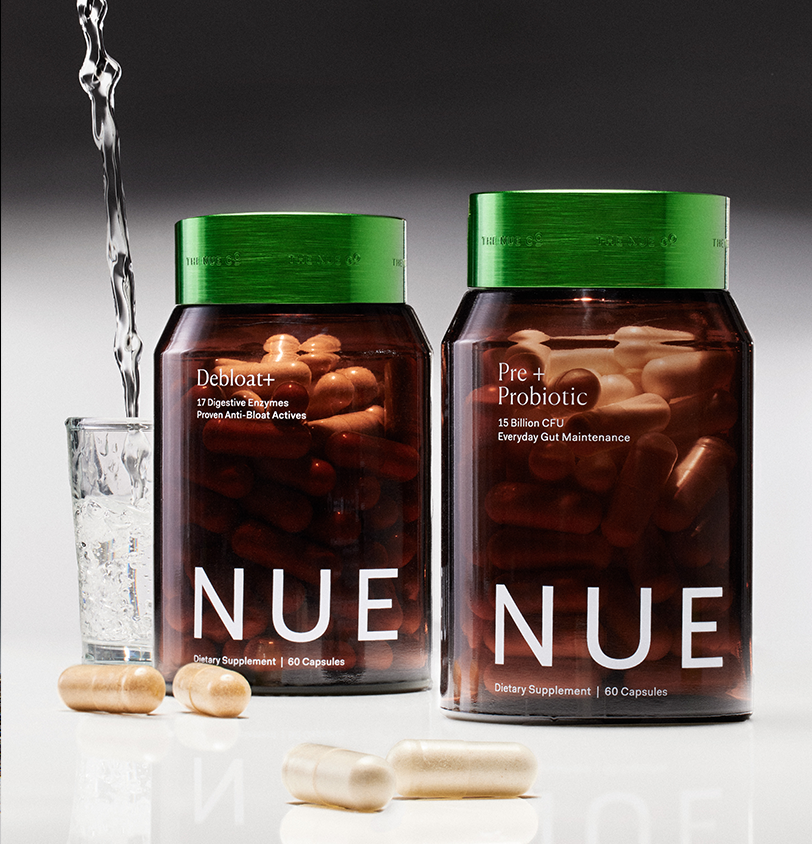My Formula: Stacy K. Leung on mood and the gut


Our mental health and gut health are so intrinsically linked that scientists have coined the connection the gut-brain axis. But we often treat these parts of our body in isolation, blaming bloating on something we ate or low mood on hormones. Yet when you consider 95% of our serotonin (the “happy hormone”) is produced in the gut, it makes sense to treat the body as a whole.
It’s an approach that registered dietitian nutritionist (RDN), yoga instructor and certified aromatherapist Stacy K. Leung takes, helping her clients address their health concerns while maintaining and encouraging a healthy relationship with food, body image, and physical activity. Specializing in plant-based nutrition and mindful eating, she looks at overall lifestyle and works holistically and therapeutically for an inclusive and sustainable way of managing health.
What prompted you to work across nutrition, yoga and aromatherapy?
From a young age, I’ve always had an interest in how food nourishes our bodies. Studying to become a registered dietitian seemed like a natural path to me in college. Yoga and aromatherapy were also self-interests at first. I started practicing yoga regularly during a particularly stressful time in life. Feeling the effects first-hand on how I was better able to manage my stress, have sharper focus, and improve my self-awareness led me to want to incorporate these practices in my work in nutrition. Aromatherapy is another modality I use with my clients to center themselves. While nutrition is important, food is not always the only answer to a healthier lifestyle.
What do you think should be the first port of call in treating an imbalanced gut?
I think having an in-depth conversation with a healthcare provider is an important first step. Discussing lifestyle habits, daily routine, stress level, sleep, and food gives the healthcare provider a better picture of where to start. While not always the case, implementing small lifestyle interventions first can improve gastrointestinal symptoms.
Can aromatherapy benefit the gut?
Aromatherapy assists in stress-reduction through calming the sympathetic nervous system (fight or flight) and activating the parasympathetic nervous system (rest and digest). The parasympathetic nervous system is involved with digestion. So yes, aromatherapy can benefit the gut.
Since IBS symptoms and bloating can cause stress and vice versa, how is it possible to break the cycle?
Everyone’s body is different so there isn’t one clear way to break the cycle. Since IBS symptoms can be influenced by stress, it’s important to look into lifestyle habits and food separately, making goals for both areas. A FODMAP diet can also be helpful when done with guidance from a trained healthcare provider.
How do ‘mindful meal times’ help with both stress and digestion?
Eliminating distractions during meal times allows our minds to focus on eating. When we pay attention to our meals, we tend to enjoy our meals more, leading to improved satiety and a comfortable-level of fullness. If we finish our meals at a comfortable level of fullness, it can assist in better digestion later on.
Why do we emotionally eat?
There are many reasons we emotionally eat. We can emotionally eat in celebration, like during birthdays or graduations, or because we’re stressed or down. Emotional eating is not entirely a bad thing because it can improve our mood in the short-term. It’s helpful though to have other coping strategies for negative emotions. When we have a variety of coping strategies, we can pick which one will serve us the best in that moment. For example, if you’ve been working at your desk all day and feeling irritable, maybe a walk is fitting. Or if you had a bad day, maybe calling a close friend to talk is what you need.
What foods can help if our mood is low?
The research isn't definitive on specific foods you can eat to instantly lift your mood. However, consuming and maintaining a well-balanced diet of fruits, vegetables, protein, and healthy fats is beneficial for your overall mood and health. If you're looking for something immediate, I suggest asking yourself what you need to lift your mood—is it a nap, some exercise, or a funny joke? If the answer is food though, eat something you're craving, even if the food is generally considered unhealthy. You may have experienced a time where eating a cookie was just what you needed, and there's nothing wrong with that.
How can a whole-body approach be incorporated to address stress in a sustainable way?
The whole-body approach takes into consideration an individual’s mental, emotional, and physical well-being. Understanding that there isn’t one answer that addresses all three states is important. Working with a healthcare team to address each state is sustainable because each provider will bring their specialty to the table to help you find what you need.

